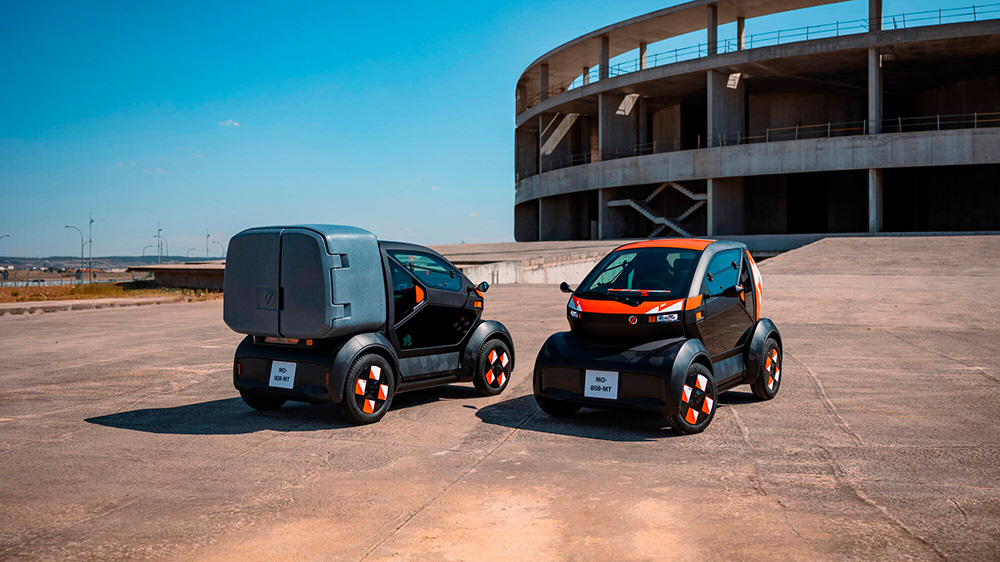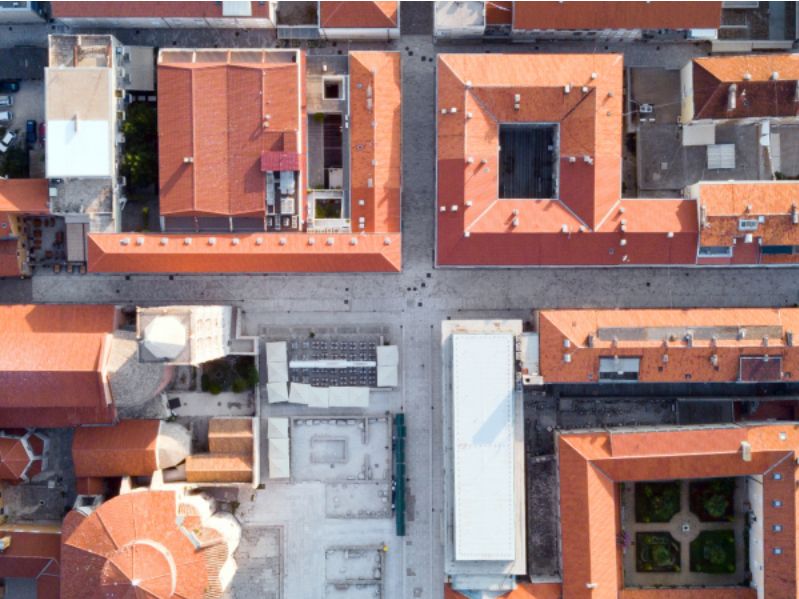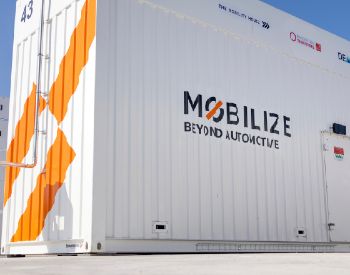★ ☆ ☆
The energy transition: technology leads the way
Renewable energy is gaining in power: in Europe, its share in the electricity mix rose from 34.6% to 38% over a year (between 2019 and 2020), outstripping fossil fuels (only 37% of the mix) for the very first time. And this slow but steady progress has been achieved which the transport sector has not always helped to accelerate. Even today, it’s one of the sectors that depends the most heavily on fossil fuels, accounting for over half of the world’s oil consumption.
The reason this energy transition has been so hard for the transportation sector to make is that it requires a paradigm shift, starting at a technological level. For example, after decades spent improving internal combustion engines, designers had to come up with all kinds of other engines, naturally including electric ones, an area in which Renault Group was a pioneer in the automotive sector, but also engines that ran on hydrogen and biofuels, or biokerosene for aircraft.
To make a real contribution to meeting these challenges, Renault Group has created a new brand, Mobilize. Its goal is to reinvent the transportation of tomorrow and help achieve the Group’s commitments in terms of becoming carbon neutral by 2040. In 2023, Mobilize will release a 100% electric vehicle designed for shared transportation. The brand will also offer other vehicles intended for specific uses such as merchandise delivery.
★ ★ ☆
Changing practices: the transportation sector joins in the energy transition
But apart from the technological level, the energy transition will take place in our practices. The ideal of owning a car of one’s own, traditionally associated with independence and long held as a value in society, is now losing ground. Many young people in cities are no longer interested in owning individual cars, preferring to use “on demand” transportation services. Car-sharing for example has become very popular, to the point that it has become normal to use self-service transportation solutions.
This is why the Mobilize vehicle designed for car-sharing will not be available for purchase. Its users will pay only for what they use, fees being calculated based on time or distance. And algorithms will make it possible to reposition the vehicles in the right part of the city after maintenance so the next users can find them easily.
Mobilize’s goal is to develop services to reinvent transportation, not to manufacture electric vehicles to sell. Its first order of business is therefore to accelerate the advent of sustainable and inclusive transportation. The brand aims to rethink transportation for decreased emissions and resource use. Mobilize vehicles are therefore being designed not as objects but as services. The transportation of tomorrow, according to Mobilize, needs to be smarter, greener, easier to access and share and to be available to all, everywhere.
★ ★ ★
Toward sustainable cities
In addition to these technological innovations and practices, cities themselves are changing. They’re starting to give more space to vegetation, and a number of large cities have even introduced low-emissions zones that are off-limits to the most polluting vehicles. Tomorrow, sustainable cities will be navigable solely by eco-friendly, clean and shared transportation.
In this sense, Mobilize’s electric vehicles will also be full-fledged players in the energy transition in cities. Places and the connections linking them need to be designed with sustainability in mind. For this reason, fleets using Renault Group models have the Vehicle-to-Grid (V2G) technology so they can be connected to both the environment and the grid. Batteries from electric vehicles can therefore be used to store electricity and supply it to the grid as needed, even when still installed in the vehicles (in a sort of “mobile” energy storage system). Mobilize is positioning itself as a contributor to the ecological transition: recharging cars only when electricity is the most available promotes the use of renewable energy rather than fossil fuels.
And the batteries also get a second life after their automotive use. After being retired from use in electric vehicles, lithium-ion batteries can be used in “stationary” storage systems in which they store green energy as soon as it’s produced. The Group and its partners have already installed systems of this type in Porto Santo (Portugal), France, Germany and the United Kingdom.
In particular, this mechanism addresses the issue of the intermittence of renewable energies, which leads to discontinuous energy production. Although we have no power over natural elements such as the sun and the wind and therefore cannot guarantee uninterrupted production, we can store this energy – between its production and consumption – to create a reserve to draw from when demand is greater than supply. Although different options are being studied (hydrogen, thermal storage etc.), electric vehicle batteries currently seem to be the most advantageous solution. Mobilize remains open to innovation and research for a more sustainable future mobility, and intends to move the lines quickly.






